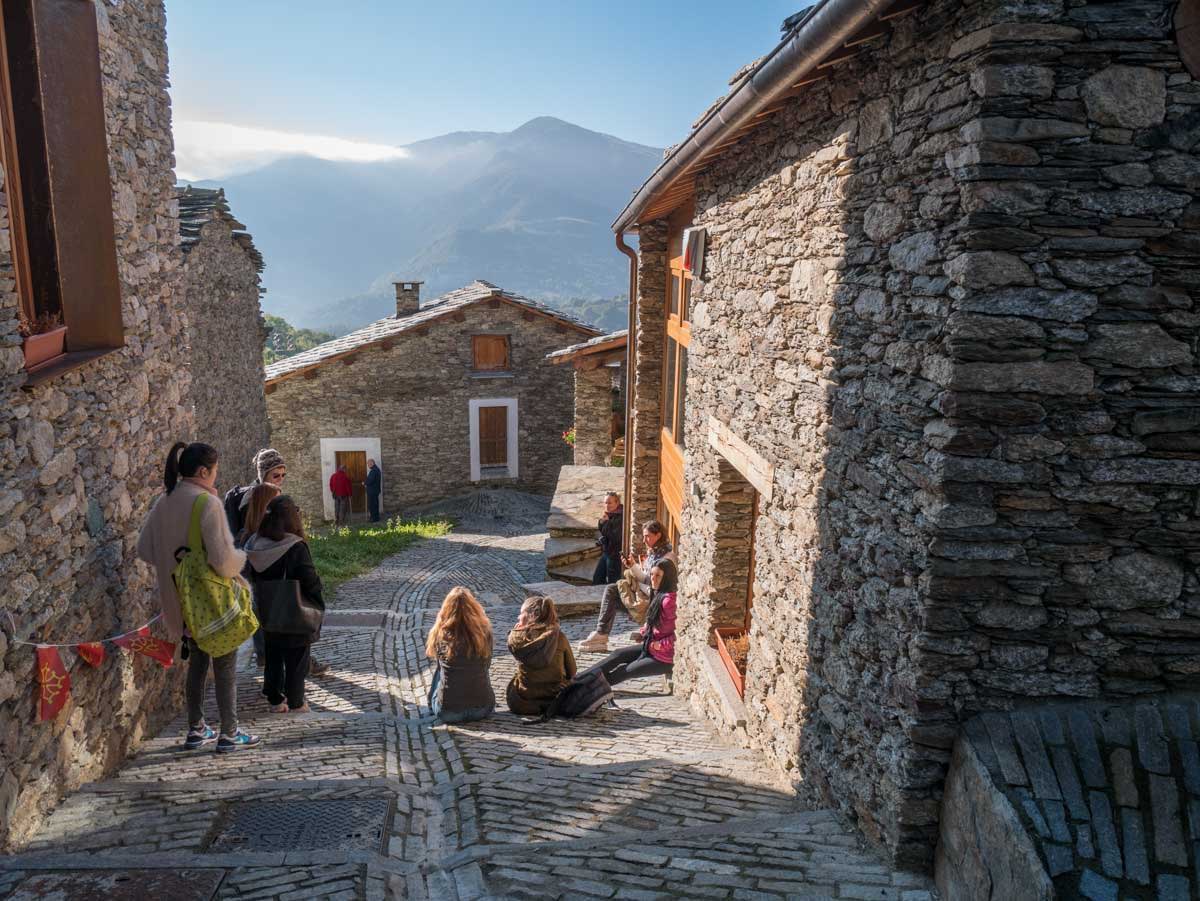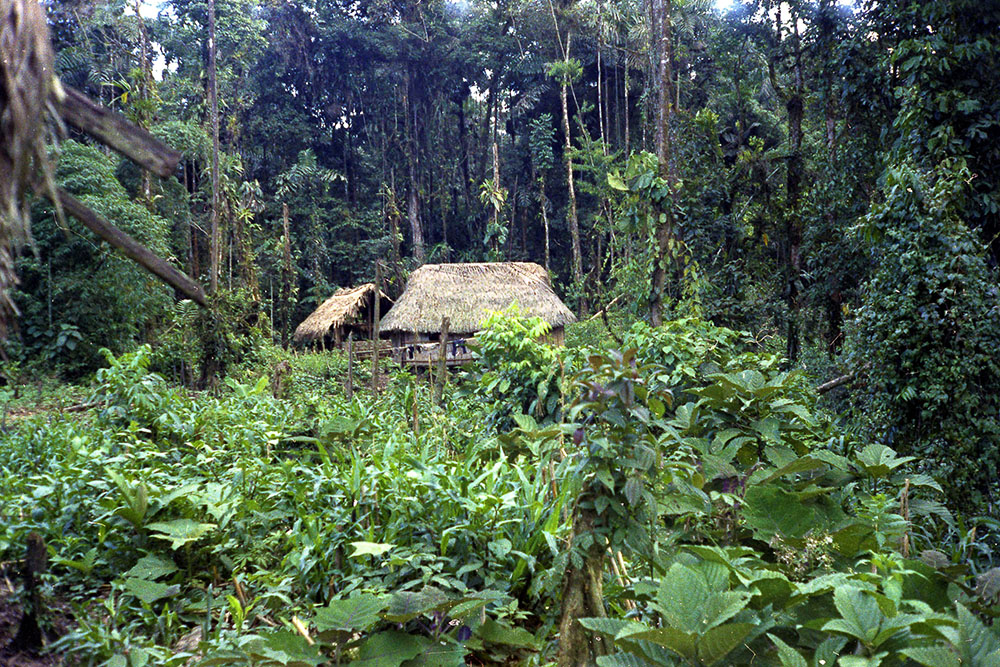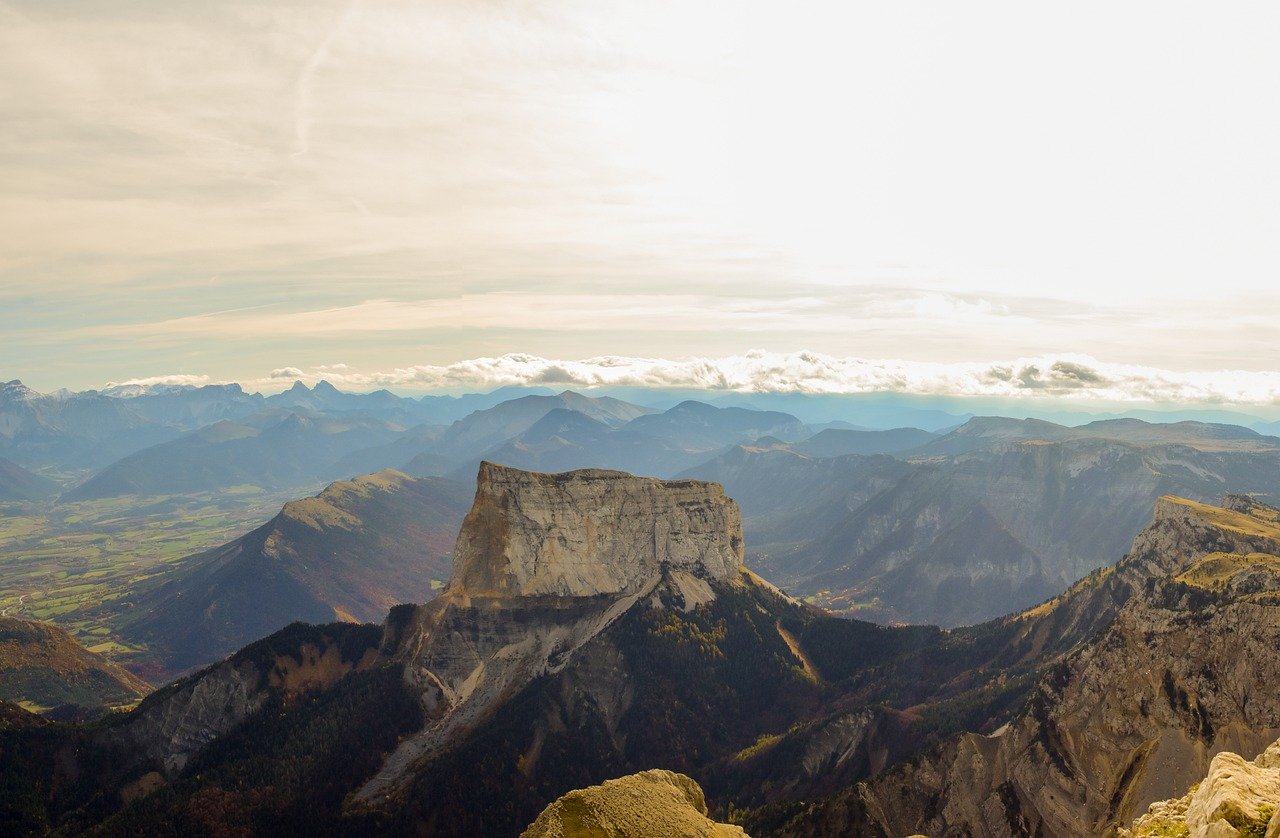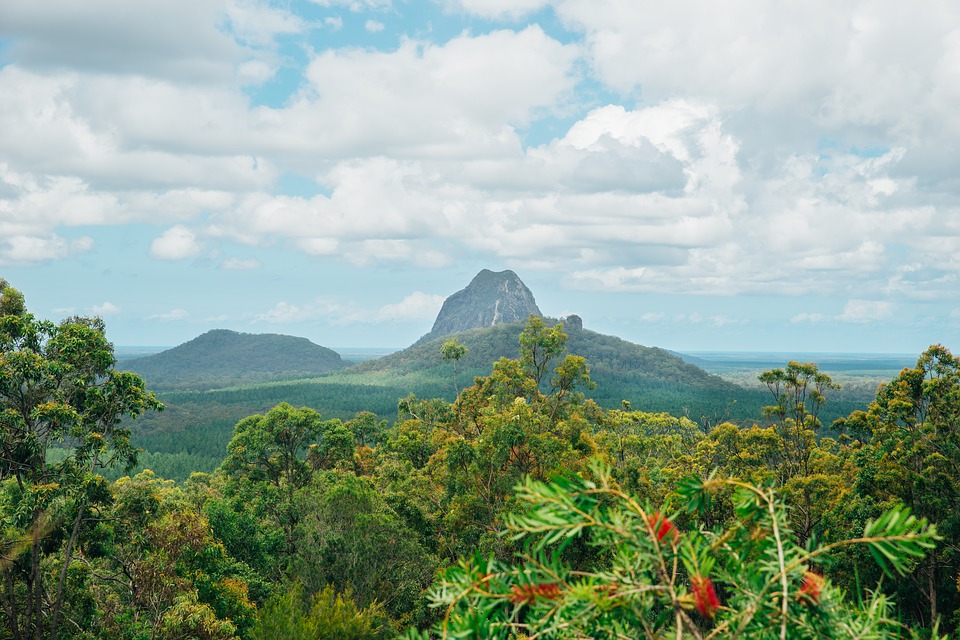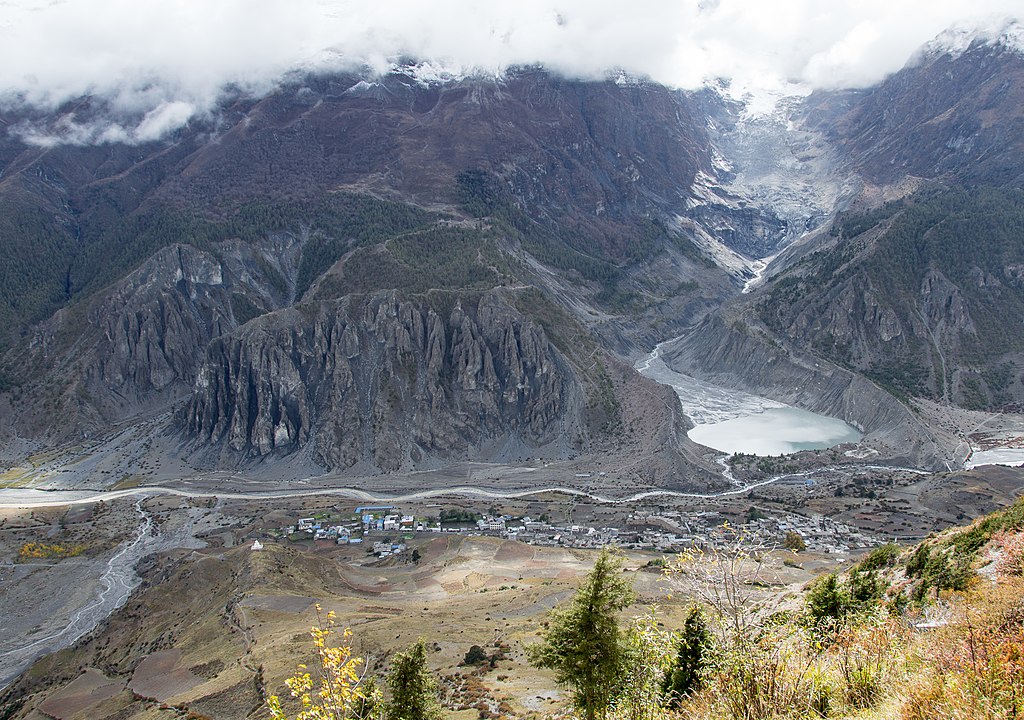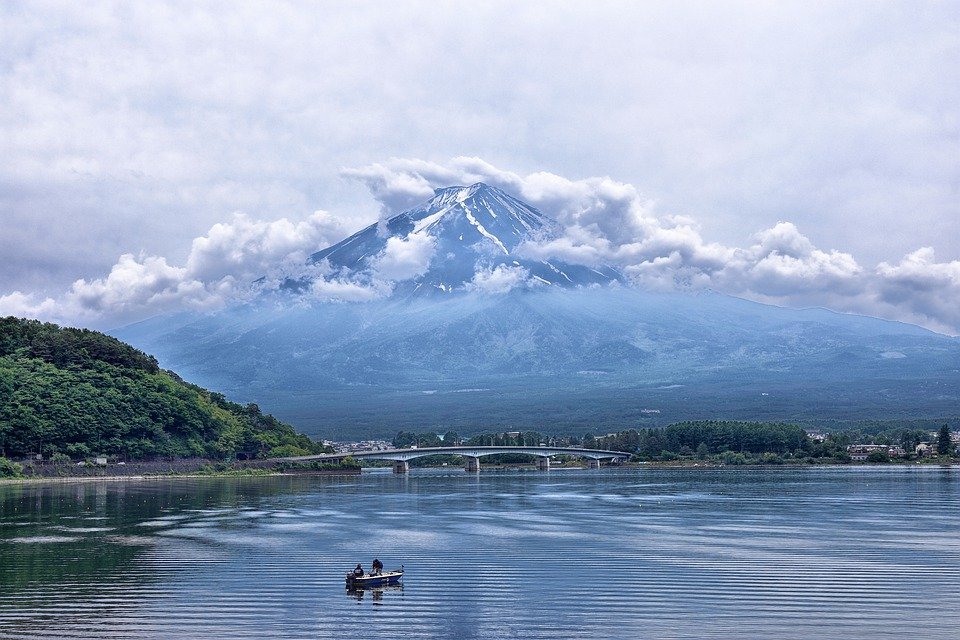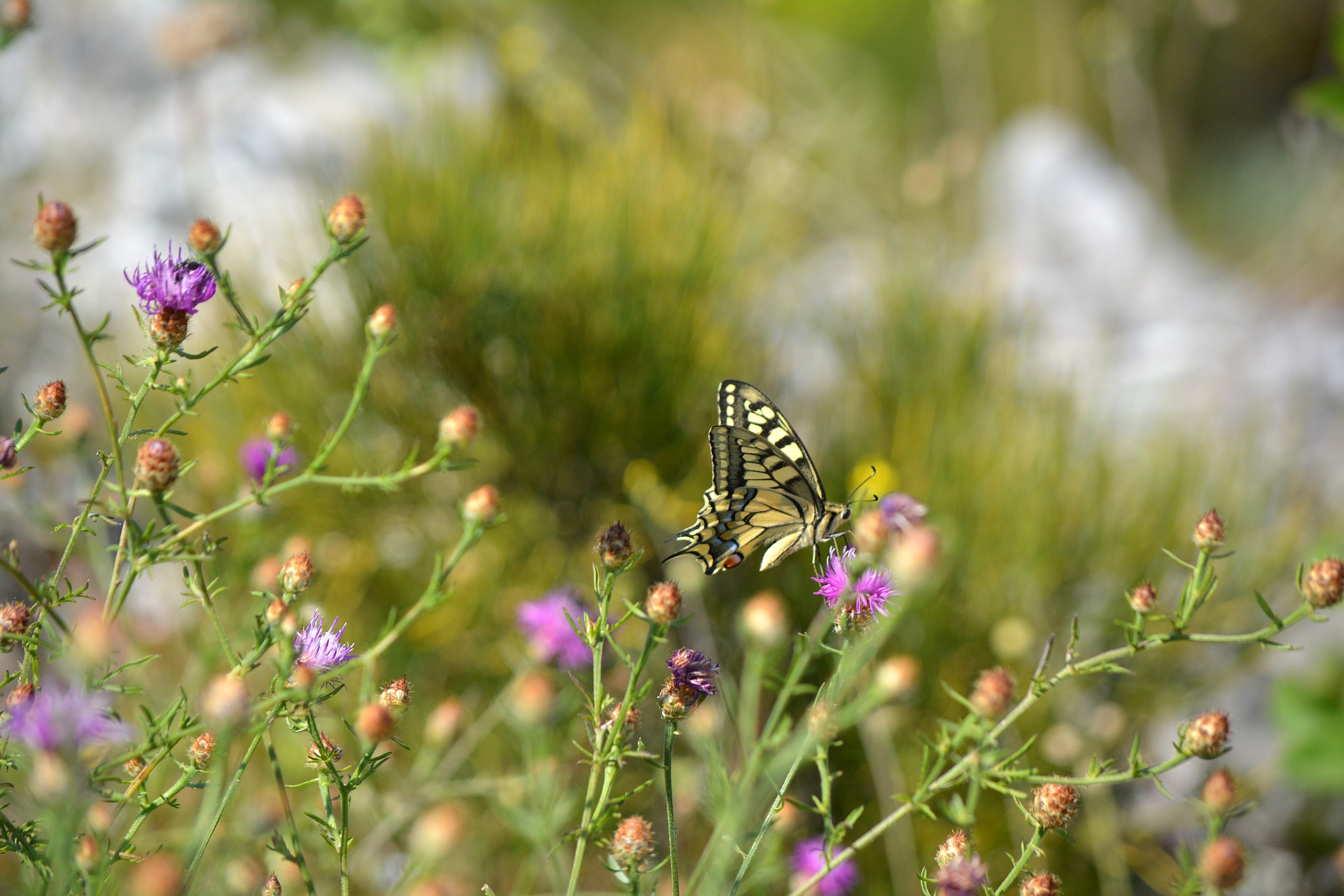News
- Details
- Category: MRI News
The MRI Mountain Resilience Working Group hosted a successful summer school in Ostana, Italy and online, from 5-12 June 2021.
'Designing for Resiliency: RE:GENERATE alpine-urban circularity' was an experiential educational co-creation hybridizing science, design, social outdoor joy, and local action organized by ETH Zurich, EPFL Lausanne, and the MonViso Institute and partnering with The Oslo School of Architecture and Design, TU Delft, and Politecnico Torino. The instructional team included MRI Mountain Resilience Working Group Co-Leads Tobias Luthe and Romano Wyss, with institutional support from MRI Co-PI Adrienne Grêt-Regamey.
- Details
- Category: New Publication
The latest issue of the open access journal Mountain Research and Development contains studies on indigenous-driven sustainability initiatives in the tropical Andes, urban risk knowledge, and the danger of glacial lake outburst floods in the Indian Himalayas.
Vol 41, No 1 of Mountain Research and Development (MRD) includes new research that maps English-language scientific journal articles that analyze the climate change adaptation options planned or implemented in European mountain regions – and finds key knowledge gaps in academic literature that need to be addressed. MRI Executive Director Carolina Adler is among the authors.
- Details
- Category: MRI Anniversary Lecture
The third event in the MRI Anniversary Lecture Series took place this month, celebrating 20 years since the MRI Coordination Office was founded in 2001. This series aims to showcase MRI synthesis workshop research and build capacity in the mountain research community.
- Details
- Category: MRI News
The American Geophysical Union (AGU) Fall Meeting 2021 will be held in New Orleans, USA and online from 13-17 December 2021. The AGU Fall Meeting is the leading forum for advancing Earth and space science and leveraging this research toward solutions for societal challenges. The MRI is convening an exciting mountain-focused session.
Abstract submission deadline 4 August 2021.
- Details
- Category: MRI News
The MRI's session at the Sustainability Research & Innovation Congress 2021 highlighted examples of how key components of risk are accounted for in mountain contexts, and their implications for sustainability.
The Sustainability Research & Innovation Congress 2021 (SRI2021) took place June 12-15. As part of this virtual event, MRI Executive Director Carolina Adler and Scientific Project Officer Gabrielle Vance convened the session 'Addressing Systemic Risks in Social-Ecological Systems: Mountains as Contexts for Evidence and Action.' The session included presentations by MRI SLC member Irasema Alcántara-Ayala, University of Innsbruck Professor Margreth Keiler, and University of California, Berkeley PhD student Kate Cullen.
- Details
- Category: Global News
Climate change is causing mountain snow to melt more rapidly and glaciers to shrink, with a widely varied impact on water supplies in Asia according to a new paper published in the journal Science.
These effects are altering the water supplies of more than one billion people who depend on rivers that have their headwaters in the Himalayan and Karakoram mountain ranges, according to the new paper 'Glaciohydrology of the Himalaya-Karakoram' that appeared in Science this month.
- Details
- Category: Global News
The newly formed Global Network for Geoscience and Society (GNGS) seeks the mountain research community's input.
The GNGS will address aspects of science-policy while also highlighting non-policy-related opportunities for civic-minded geoscientists to address societal challenges related to natural resource exploitation, environmental contamination, natural hazards, and climate change.
- Details
- Category: Global News
In a peer-reviewed workshop report on biodiversity and climate change published earlier this month, global experts identify key options for solutions in first-ever collaboration between IPBES and IPCC selected scientists. The report highlights a number of instances in which climate change and biodiversity loss are key interacting issues for mountain regions.
Unprecedented changes in climate and biodiversity, driven by human activities, have combined and increasingly threaten nature, human lives, livelihoods and well-being around the world. Biodiversity loss and climate change are both driven by human economic activities and mutually reinforce each other. Neither will be successfully resolved unless both are tackled together. This is the message of a workshop report, published earlier this month by 50 of the world’s leading biodiversity and climate experts.




